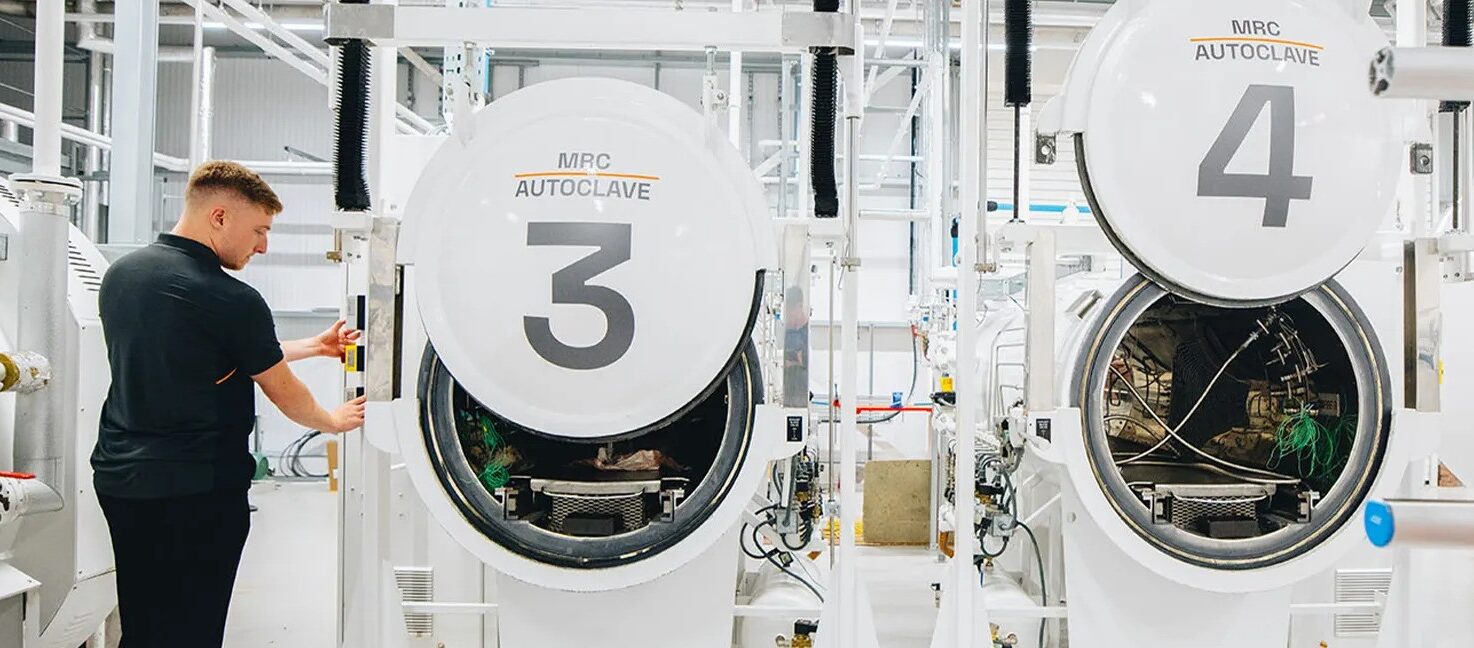McLaren, Deloitte UK Aiming To Improve Sustainability

McLaren Racing, in collaboration with Deloitte UK and the Fédération Internationale de l’Automobile (FIA), has announced the launch of the F1 Constructors’ Circularity Handbook, aimed at enhancing sustainable practices in the design and production of Formula 1 cars.
This Handbook has been meticulously crafted to establish a clear and consistent framework that teams can utilise to implement circular practices throughout the sport.
The focus of these practices includes minimising resource consumption, decreasing waste throughout manufacturing processes, and maximising the utility of products and materials.
Commenting on the handbook launch, director of sustainability McLaren Racing, Kim Wilson, said: “I’m immensely proud of the work we’ve delivered in partnership with Deloitte as a first step to improving circularity in our sport.”
“By embracing circular economy practices, teams can minimise their environmental impact and drive innovation in Formula 1.
“We identified the manufacture of our F1 car as a key opportunity to improve our environmental impact and progress towards our sustainability targets.
“This Handbook is a crucial step in achieving that. If we can encourage all teams to measure their circularity, we can collectively influence the technical regulations to improve sustainability without compromising performance,” Wilson said.
Deloitte UK partner and circularity lead, David Rakowski, added: ““Formula 1 is a phenomenal platform for showing what the art of possible is. Implementing circularity practices that do not impede performance will be game-changing for the industry.”
“Our partnership with McLaren has served as a catalyst for transformation and I’m excited to see the impact the handbook will have on the future of the sport,” he said.
Intended to serve as a comprehensive guide, the Handbook provides F1 teams with the tools necessary to assess and enhance the circularity of their chassis production.
Importantly, it creates pathways for potential regulatory reforms aimed at bolstering the overall sustainability of Formula 1.
By utilising a standard methodology for evaluating circularity in relation to material inflows and outflows, teams will also be equipped to monitor their progress along their individual circularity journeys. The long-term vision is for the Handbook to gain traction across the entire motorsport sector.
Key components of the F1 Constructors’ Circularity Handbook include:
- A systematic methodology for data identification and collection, as well as strategies to estimate data to address gaps.
- Clear definitions for applying circularity criteria to various input materials and waste streams.
- Instructions on how to leverage this data to derive a single, cohesive circularity metric.
On the FIA’s commitement to sustainability, FIA single seat director, Nikolas Tombazis, said: “The FIA is committed to improving sustainable practices across motorsport and mobility, and technical innovation sits at the heart of these efforts.”
“That is why we commissioned this pioneering research, which will enable Formula 1 teams to adopt and measure practices which minimise the environmental impact of the sport.
“The Handbook, which will soon be shared with all F1 teams and PU Manufacturers, will allow teams to gather data around their circularity and identify interventions within the current set of regulations and cost cap.
“In the longer term, our ambition is for the Handbook to be used more widely, and to influence future regulations and innovation in this space,” Tombazis said.
Notably, McLaren Racing was the first entity to receive the FIA 3-star Environmental Accreditation, as well as the first motorsport team to validate its net-zero targets through the Science-Based Targets initiative.
The team has also led the charge in integrating recycled carbon fibre into its F1 vehicles and, through collaboration with Official Transformation Partner, Deloitte, has identified further opportunities for circularity within its operations.
By presenting these insights to the FIA, which has shown support for this initiative, McLaren underscored the need for a standardised metric and practical methodology that teams can adopt to assess the circularity of F1 car manufacturing.
Don’t miss out on the latest in sports business – Subscribe today to the free Ministry of Sport newsletter and stay ahead of the game. For even more exclusive insights, event tickets, professional development and networking events, become a MoS Member today!
Similar Stories

Cricket Australia to Lead Tributes for Bondi Victims at Third Ashes Test
Cricket Australia has confirmed a series of formal commemorations for the third Ashes...

Alternative fuel strategy Powering Formula 1 Through Europe
[vc_row][vc_column][vc_column_text] As Formula 1 transitions into the European segment of the 2025 season,...

IOC and International Federations strengthen joint efforts against competition manipulation
The International Olympic Committee (IOC) has been joined by International Federations (IFs) participating...
It's free to join the team!
Join the most engaged community in the Sports Business World.
Get all the latest news, insights, data, education and event updates.






